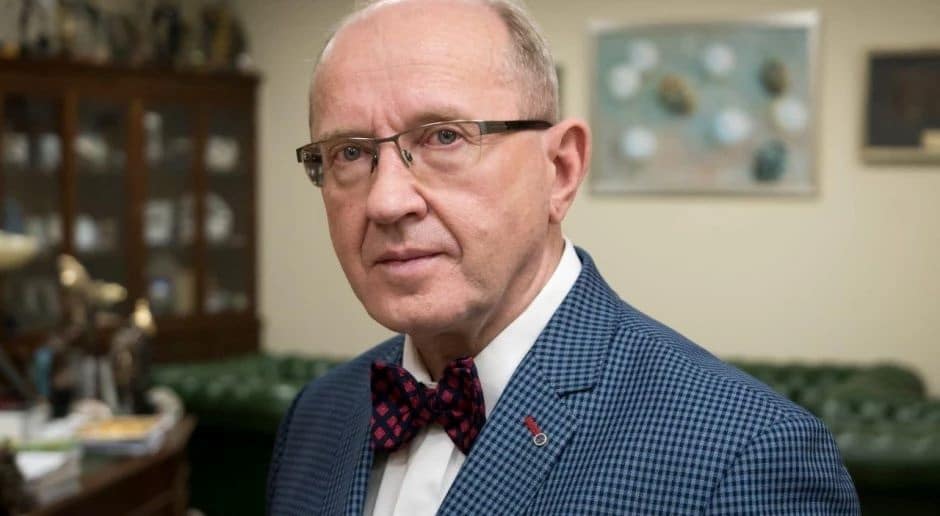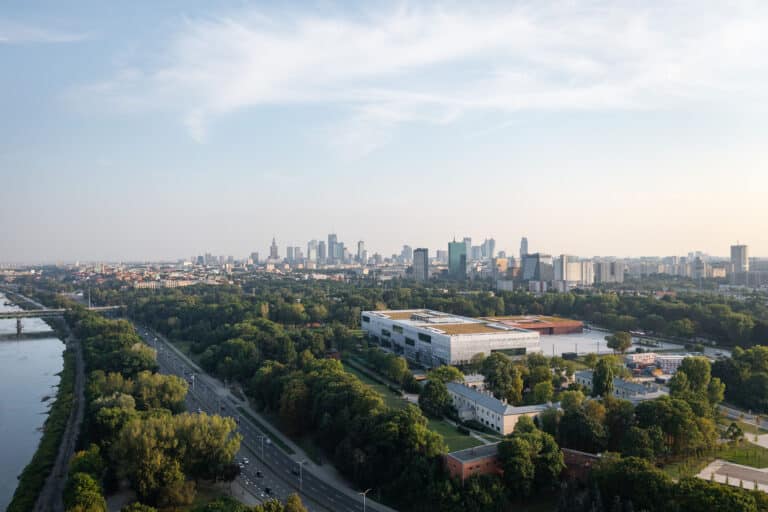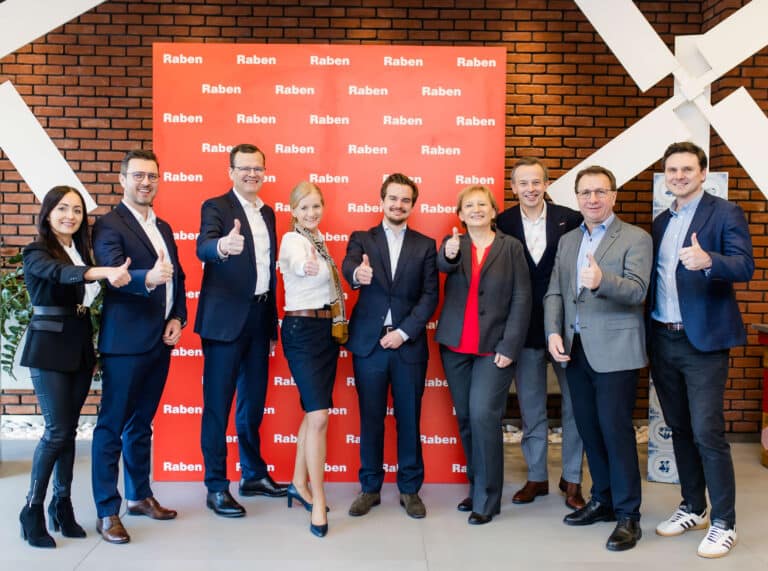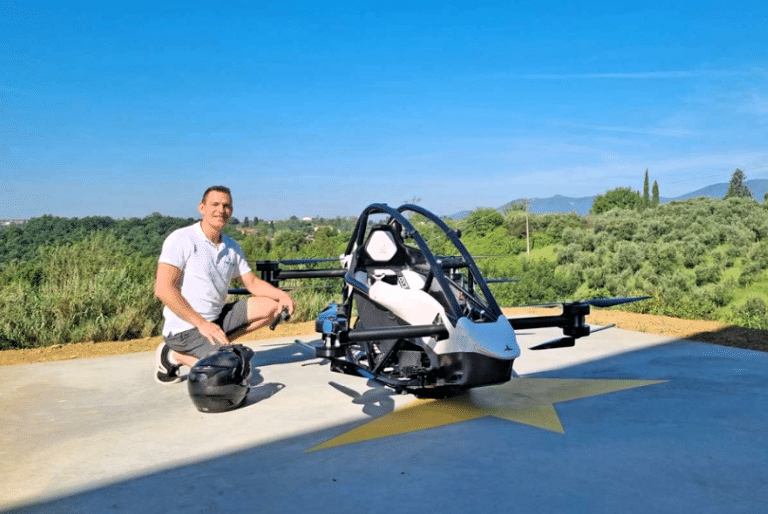AI to Effectively Detect Hearing Loss
During the European Forum for New Ideas (EFNI), Professor Henryk Skarżyński, Director of the World Hearing Center, announced the introduction of artificial intelligence (AI) in hearing screening programs. “Clinical trial results, compared with the program’s effectiveness, suggest a very high success rate for such applications in diagnostics,” said Professor Skarżyński.
At EFNI, the slogan #WhatWillHappenTomorrow featured prominently on lanyards, posters, and banners, setting the tone for discussions about the future, including the role of AI in medicine. “Much can change in healthcare ‘tomorrow,’ especially if we harness artificial intelligence,” said Skarżyński, who is also the Director of the Institute of Physiology and Pathology of Hearing and Chair of the Program Council of the “Health of Poles” Congress.
The volume of data required to prepare for complex surgeries is overwhelming for doctors, but for AI, it’s a matter of seconds
According to Professor Skarżyński, AI has the potential to significantly enhance medical procedures. By leveraging technology, doctors can perform more operations with greater precision, safety, and efficiency. “The volume of data required to prepare for complex surgeries is overwhelming for doctors, but for AI, it’s a matter of seconds,” Skarżyński explained. He predicted that AI will shorten the duration of operations, reduce patient risk, and improve outcomes.
“In the next few years, AI won’t replace doctors, but doctors who don’t use AI will be replaced by those who do,” Skarżyński asserted, highlighting the growing importance of AI in healthcare.
Clinical trial results show that this application will be highly effective
in diagnostics
Patent applications have already been filed for the use of AI in large-scale sensory screenings. One proposed system will use a mobile app to diagnose hearing issues, making the technology accessible to a wide audience, including young people and seniors. “Clinical trial results show that this application will be highly effective in diagnostics,” Skarżyński stated. The app is set to be unveiled at the “Health of Poles” Congress in late November 2024.
The next step, according to Skarżyński, will be educational initiatives to promote the widespread use of the program. If successful in addressing hearing impairments, similar programs will be developed for speech and balance disorders, particularly targeting seniors.
The European Forum for New Ideas (EFNI) is a conference dedicated to discussing global trends, innovative ideas, and Europe’s future. Since 2011, EFNI has brought together leaders from business, academia, culture, and government from both Poland and Europe. This year’s event, held in Sopot from October 16-18, was organized by the Lewiatan Confederation.
Source: PAP MediaRoom







